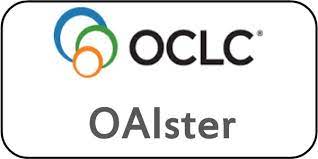Association Between Statin Therapy and Diabetes Risk
Keywords:
Statins, new-onset diabetes, glucose control, insulin resistance,, insulin sensitivityAbstract
Worldwide, statins are the most commonly used drugs to prevent adverse cardiovascular events. The US Food and Drug
Administration (US FDA), in 2012, revised statin drug labels to include information that statins increase fasting serum glucose
and glycated hemoglobin levels as they show adverse effects on glucose control among diabetic patients. Statins affect glucose
control through several mechanisms, by affecting insulin production and secretion by β-pancreatic cells, insulin resistance,
insulin uptake by the muscles and adipocytes and production of adipokines. Data from many randomized controlled trials
and observational studies indicate increased risk for the emergence of new-onset diabetes after statin initiation. High-dose
statins appear to be more effective in established cardiovascular disease, but at the expense of increased drug side effects.
Many studies done on patients with cardiovascular risk factors have shown that statins have diabetogenic potential and the
effect varies as per the dosage and type of statin used. Research in this area needs to be explored more. Physicians might still
take some precautions to make risk-benefit ratio more favorable for the patients. The objective of this review is to evaluate
the mechanism, evidence from various clinical trials and precautions before start of statin therapy. This review is based on
published journal articles obtained through MEDLINE full text, PubMed, Science Direct, Pro Quest, SAGE, Google Scholar
and Elsevier Clinical Key.
Downloads
Published
Issue
Section
License
All open access articles published in IJCP are distributed under the terms of the CC BY-NC 4.0 license (Creative Commons Attribution-Non-Commercial 4.0 International Public License). This license permits unrestricted use, distribution, and reproduction of the articles in any medium for non-commercial purposes, provided that: The original authorship is properly and fully attributed. The IJCP is cited as the original place of publication with correct citation details. If an original work is reproduced or disseminated in part or as a derivative work, this must be clearly indicated. No articles are reproduced for commercial use without prior consent from the IJCP. All licensing requests and permissions for commercial use will be managed by the Publisher.










